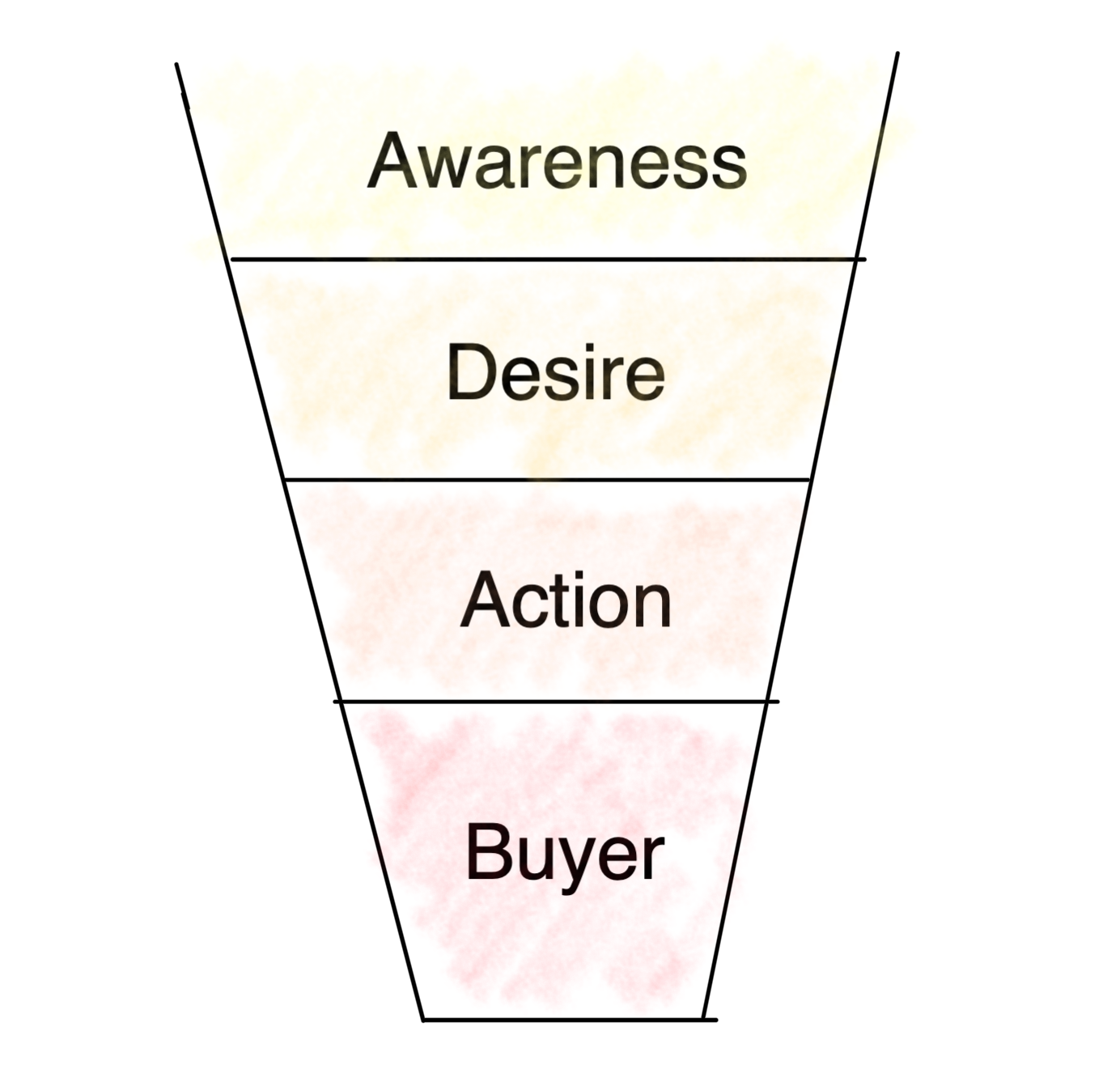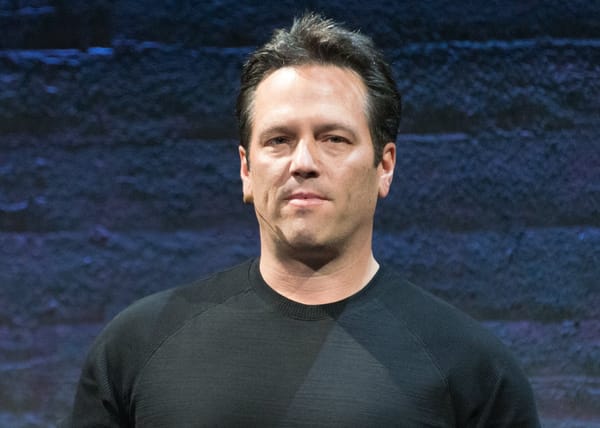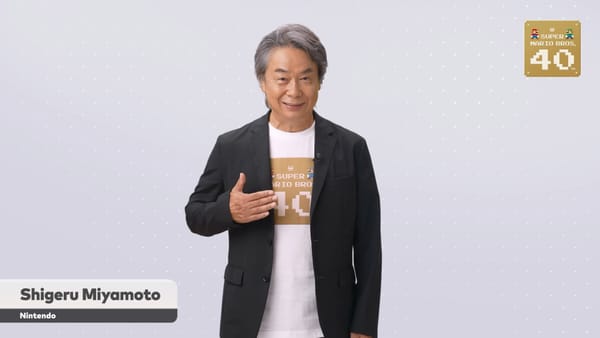How Starfield can deliver Game Pass’s missing link
Starfield should be a “launch title” for Microsoft’s next wave.

About fifteen years ago, all of my friends had an Xbox 360.
This might not sound remarkable, but I’m not from the US or UK. Here in Asia, the Xbox brand was not strong, and the PlayStation ruled supreme. This was also the time in our lives where we spent our days either at work or at nightclubs; the period in a young adult’s life where games might not feel as essential as they once were.
And yet: everyone I knew had an Xbox 360. My clubbing buddies in Hong Kong. Friends living overseas. Older people at work. My little brother.
There are a lot of reasons why Microsoft nailed it with the Xbox 360 — the timing was right; HD gaming looked great; a fantastic library of games — but in my opinion, the main one was Xbox Live. At any given time on any given day I’d see the games my friends were playing, I’d chat with them, I’d join in. Right when Facebook was beginning to explode, Xbox Live was my social network of choice. And like Facebook, the network effect was strong; the more people that were on there, the more it enticed people on the fence to join in.
I had a Wii and PlayStation 3 too. The Wii didn’t really compare, but the PS3 was supposed to be a direct competitor — and for me, it fell flat in every way. It felt clunky… and lifeless, because few of my friends were on there. Everyone was on Xbox 360. At the time, I remember thinking: damn, Microsoft’s really done it. They haven’t just won this generation, but they’ve won all the generations to come. When the next systems roll around, I have to buy an Xbox, right? How can I leave behind my Xbox Live community?
And then the Xbox One happened, and most of the Xbox gamers I knew bought a PlayStation 4.
The reasons for the Xbox One debacle are many and don’t need to be repeated here; similarly, the reasons our Xbox Live community splintered are best left for another time. Instead, I want to focus on a fascinating comment from Xbox boss Phil Spencer on the impact of it:
"We lost the worst generation to lose in the Xbox One generation, where everybody built their digital library of games.”
Spencer, speaking on a Kinda Funny Games show, says that the Xbox One/PS4 generation is when everyone effectively picked a side by investing in digital games. Unlike physical games, digital games can’t be traded in or resold; your digital library stays with you. And Spencer says that having that library of games meant people were less likely to switch sides: if you’ve got a bunch of PS4 games that run just fine on PS5, you’re probably going to upgrade to a PS5. It wouldn’t make sense to switch to an Xbox Series, because it can’t play those games.
This is what makes Microsoft’s Game Pass strategy so fascinating. Yes, on a simple level, it’s a great deal. But Microsoft is also attacking its biggest weakness on a much deeper level: they think they’re being held back by people owning too many games on other platforms, so Microsoft is trying to kill the entire concept of owning games. Why spend $70 to own one game forever when $15 a month gets you hundreds of games?
It’s a message Microsoft, and Spencer, has been consistent with: sure, they’d love it if you bought an Xbox. But they don’t need you to buy an Xbox. If you’ve got an Xbox, if you’ve got a gaming PC, if you’ve got a smartphone and you live in a country that supports cloud gaming — don’t worry! Pay us $15 a month and you’ve got yourself a whole lot of Xbox games to play… even if you don’t buy an Xbox. It’s something they’ve said again and again.
But another line from Spencer in that interview felt strange to me:
"There is no world where Starfield is an 11 out of 10 and people start selling their PS5s. That's not going to happen."
This take is probably too harsh, but ultimately fair: as a long-awaited original game from the studio behind Skyrim, a few people might sell their PS5s for Starfield, but I do agree that no game is capable of shifting the entire balance of the console race.
It begs the question, though: why isn’t Starfield on PlayStation 5?
Put yourself in the shoes of a PlayStation gamer. You really want to play Starfield. How do you play it? Unless you have a gaming PC, or you’re in the few countries cloud gaming is supported in, you have to buy an Xbox. Which is something Spencer claims to be ambivalent about.
This, to be clear, isn’t a shot at Spencer or a plea for Starfield on PS5. Rather, it highlights the central issue for Microsoft: Starfield isn’t on PS5 because they don’t care about selling the game to you one time, they want to hook you with a Game Pass subscription. But there’s also no easy way to get PlayStation gamers on a Game Pass subscription.
One common business concept that Stratechery’s Ben Thompson uses is the acquisition funnel, a map of the common path users take from being aware of a product to actually purchasing it. The funnel is widest at the top where people are the least engaged — “I know this thing exists” — and narrows as people who aren’t interested decide not to make a purchase. Mapping this process out allows companies to identify ways to convert more people from the Awareness pool at the top into actual Buyers at the bottom.

But what does that look like for a PS5 gamer who wants Starfield?
- Awareness: I’ve heard of Starfield!
- Desire: It’s from the team behind Skyrim? I want to play Starfield!
- Action: ???
- Buyer: I’m playing Starfield!
Again, the only real action is to buy an Xbox. And sure, that’s a win for Microsoft. But Spencer tells us that’s unrealistic and not their ultimate goal anyway; Game Pass subscriptions are. But effectively locking subscriptions behind the $300 purchase of an Xbox increases the barrier to entry and makes it unlikely that people will subscribe.
But there is another way.
Microsoft have a rare opportunity with Starfield. They have a genuine AAA game with massively broad appeal beyond hardcore gamers. Skyrim was a truly mass-market hit, and Starfield can be one too.
When they do promote the game, they shouldn’t just promote the game. Starfield should be accompanied by an ad blitz focusing not just on _why_you should play the game, but _how_ you can play the game. And that should in turn be accompanied by a bigger focus on Xbox Cloud Streaming: bring it to more countries. Release apps for every smart TV. Sell a dedicated Xbox dongle. Get retailers to bundle Xbox controllers with smart TVs. Turn Starfield into the launch title for a whole new way to join the Xbox ecosystem… without ever buying an Xbox.
To be clear, it’s not that I’m a huge believer in cloud gaming. I know plenty of gamers are skeptical, but frankly, anyone sensitive to the downsides of streaming — lag, image quality — would never consider it as an option anyway. But Starfield, like Skyrim before it, has the chance to grab the attention of a much wider audience, and I don’t think this audience is going to pay hundreds of dollars for an Xbox.
Between Starfield and their streaming technology, I think Microsoft has the pieces in place to dramatically lower the barriers for entry into Game Pass — and therefore, lower the barrier to getting people into their ecosystem, reversing the damage from the Xbox One’s failure.





